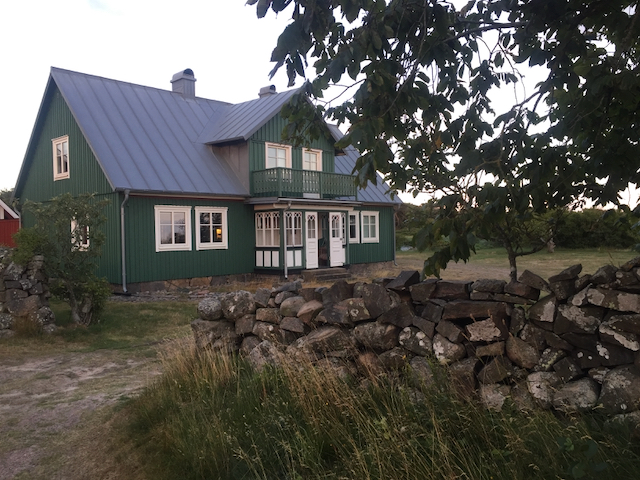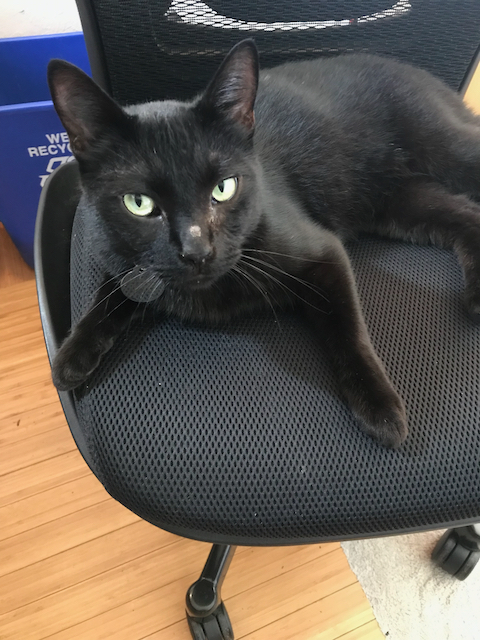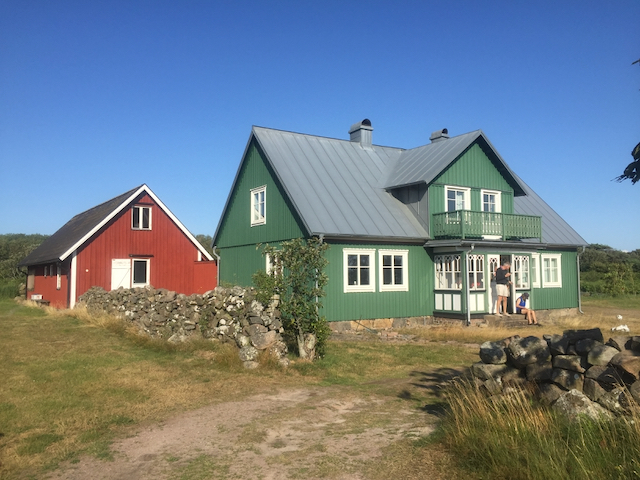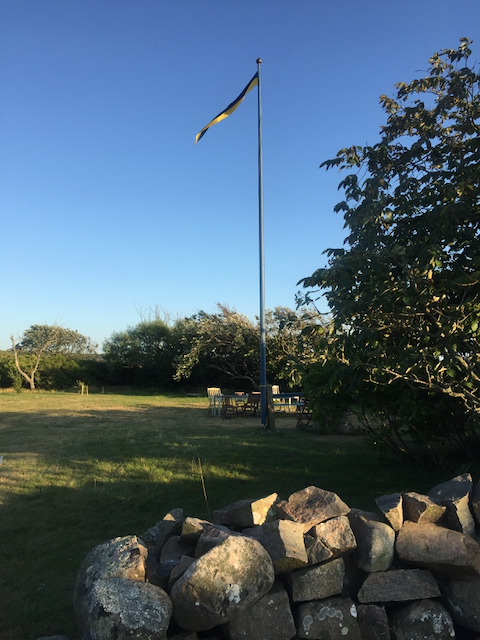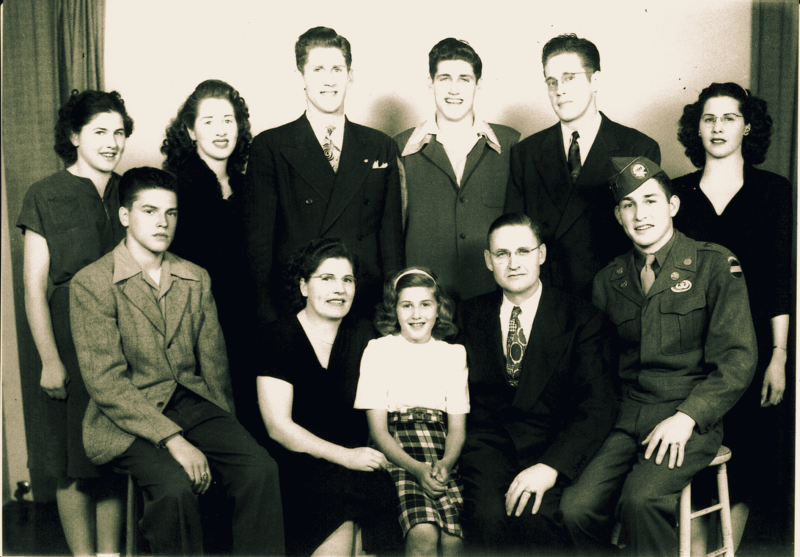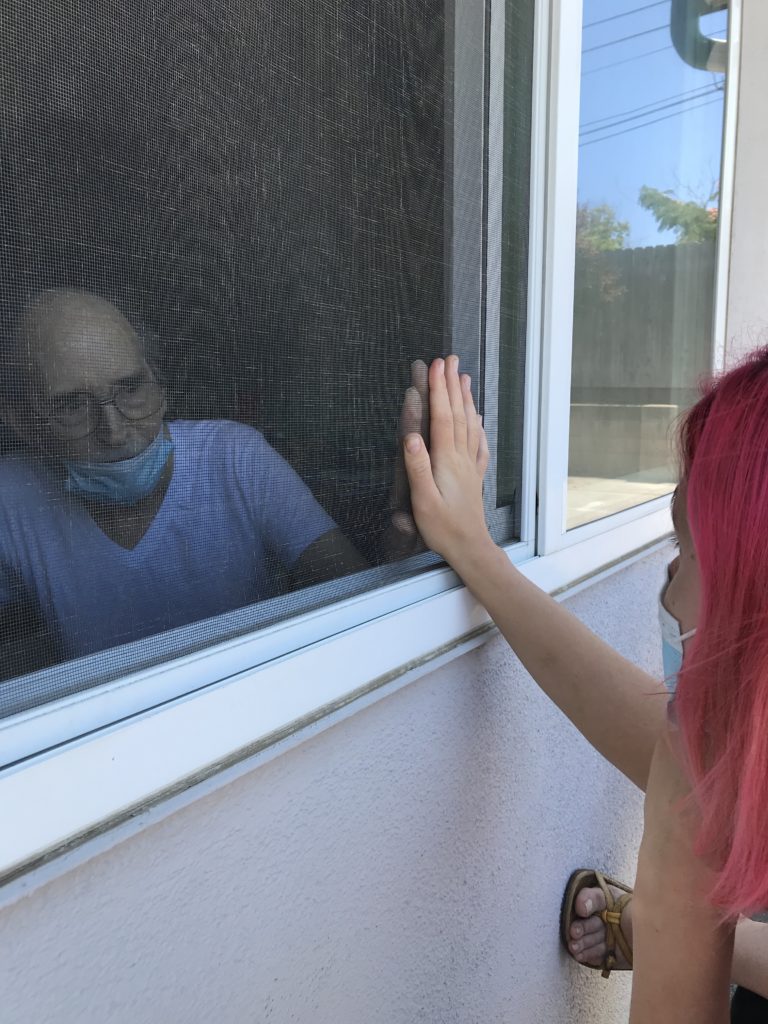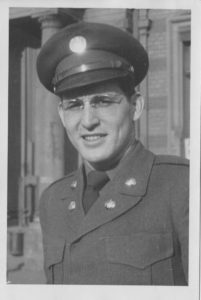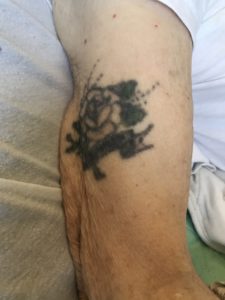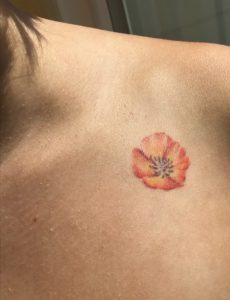The anthology Strange Religion launched today, the companion volume to Strange Wars (which debuted last week). I’m pleased to say that in addition to assisting with first reads (i.e., slush), I contributed one original story and one reprint to the project.
(Some of you may remember my appearance in the first volume in the Strange series, “Supply and Demand Among the Sidhe” in Strange Economics. So I’m 3/3. Huzzah!)
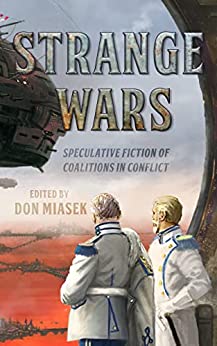
“Burial Detail” is a reprint (with minor edits/updates) from The Word Count Podcast. It’s lovely to see “Burial Detail” in print, though it was published not long after the death of my university partner-in-crime, Dr. John A. Maynard. Our conversations about his military service helped inform the story.
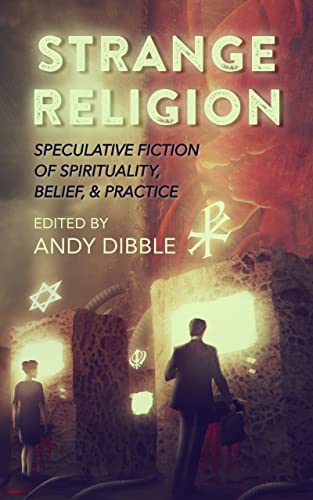
“Jizo Rides the Bus” was a much more difficult story to write since it was the first new fiction I attempted after the death of my father, Frank Schlosser. I learned about Jizo, a bodhisattva popular in Japan, during a practice offered at the San Francisco Zen Center. Jizo is the patron of travelers and children who die before reaching adulthood. An unusual bodhisattva, Jizo vowed to avoid Nirvana until he could accompany all beings to safety, even those trapped in the hell realms.
Statues of Jizo are common in Japan, especially in graveyards, and are often decorated with red hats and scarves, since the color is often associated with protection from evil.
After I completed the practice period, I decided that Jizo would make an excellent POV character for a story about grief and samsara set in Silicon Valley. I hope you enjoy it.
For the next few days (May 7-11) Strange Religion is available as a free Kindle download. Please have a look. It’s a big volume with a lot of ideas.

